|
I thought Piet Mondrian would be a good introduction into shape while also still dealing a bit with color and lines. It also just so happens that Mr. Mondrian is my FAVORITE artist! Mondrian was a Dutch painter who lived from 1872 to 1944. He was a leader of the artistic movement 'de stijl.' "Mondrian, and the artists of De Stijl, advocated pure abstraction and a pared down palette in order to express a utopian ideal of universal harmony in all of the arts. (www.theartstory.org)" Mr. Mondrian is known for only using the primary colors (red, yellow, and blue). He also only used straight vertical and horizontal lines which created squares and rectangles. No diagonals! These were the focus of our lessons. We began class by watching OK GO's music video The Primary Colors. Then we watched Broadway Boogie-Woogie (named after and inspired by one of Mondrian's paintings). The kids loved the Boogie-Woogie video! And if they were super quick cleaners at the end of class, we watched it a second time. We also looked at some of my artwork which is largely influenced by Mondrian. It was fun to listen to them compare and contrast Mondrian and I. Throughout the lesson I stressed the primary colors (red, yellow, and blue) and how they were the building blocks to all the other colors. You cannot mix any two colors together to make a primary color. You have to go to Walmart or another store to buy them! The kids caught on pretty quickly to the primary colors.
Then we turned our attention to vertical and horizontal lines. Since we have been learning so much about lines, my kinders were masters of knowing the difference between vertical and horizontal. To start the project, we re-touched on how lines have to hold their hands to create a shape. For this project, the shapes we would be making were squares and rectangles. Students practiced their scissor-skills by cutting out squares and rectangles out of primary colored papers. Our scissors were SOOOOO hungry after not eating any paper all summer! The kids were asked to fill most of their page with color, but it was fine if they had a little bit of white showing. They really got into this project and cutting out squares and rectangles carried over into a second day of the project. After they had finished gluing down all their shapes, they were then asked to dip a piece of cardboard in black paint and print vertical and horizontal lines. I LOVE how well these turned out
0 Comments
Like the first and second graders, the kinders also learned about Piet Mondrian so if you read my post about the first or second grade Mondrian projects, some of this might sound familiar.
I thought Mondrian would be a good introduction into shape while also still dealing a bit with color and lines. It also just so happens that Mr. Mondrian is my FAVORITE artist! Mondrian was a Dutch painter who lived from 1872 to 1944. He was a leader of the artistic movement 'de stijl.' "Mondrian, and the artists of De Stijl, advocated pure abstraction and a pared down palette in order to express a utopian ideal of universal harmony in all of the arts. (www.theartstory.org)" Mr. Mondrian is known for only using the primary colors (red, yellow, and blue). He also only used straight vertical and horizontal lines which created squares and rectangles. No diagonals! These were the focus of our lessons. We began class by watching OK GO's music video The Primary Colors. Then we watched Broadway Boogie-Woogie (named after and inspired by one of Mondrian's paintings). The kids loved the Boogie-Woogie video! And if they were super quick cleaners at the end of class, we watched it a second time. Throughout the lesson I stressed the primary colors (red, yellow, and blue) and how they were the building blocks to all the other colors. You cannot mix any two colors together to make a primary color. You have to go to Walmart or another store to buy them! The kids caught on pretty quickly to the primary colors. Then we turned our attention to vertical and horizontal lines. Since we have been learning so much about lines, my kinders were masters of knowing the difference between vertical and horizontal. To start the project, we re-touched on how lines have to hold their hands to create a shape. For this project, the shapes we would be making were squares and rectangles. Students practiced their scissor-skills by cutting out squares and rectangles out of primary colored papers. Our scissors were SOOOOO hungry after not eating any paper all summer! The kids were asked to fill most of their page with color, but it was fine if they had a little bit of white showing. They really got into this project and cutting out squares and rectangles carried over into a second day of the project. After they had finished gluing down all their shapes, they were then asked to dip a piece of cardboard in black paint and print vertical and horizontal lines. I LOVE how well these turned out! |
Devon CalvertHarmony and Consolidated Elementary Art Teacher in Milton, WI. UW-Eau Claire graduate. WAEA President. Apple Teacher. Archives
March 2019
Categories
All
|
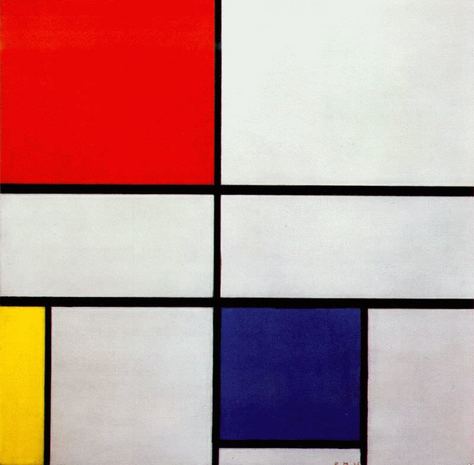
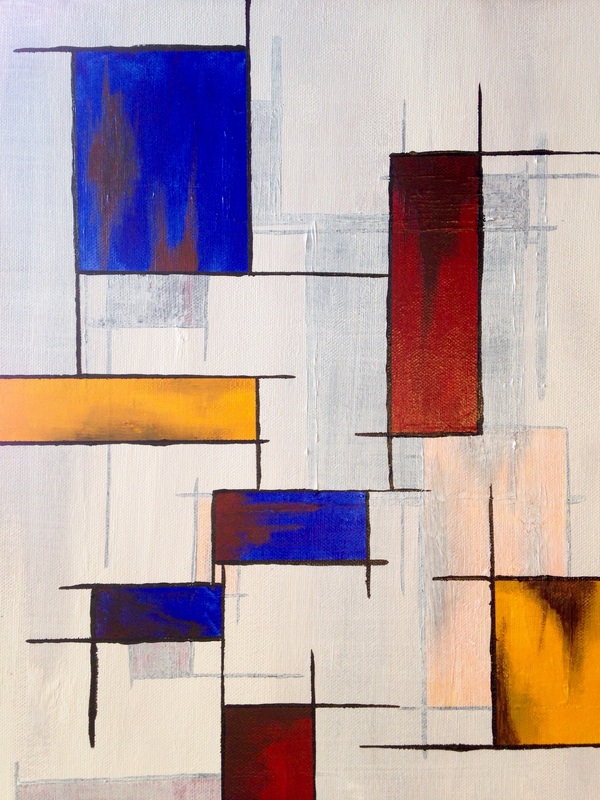
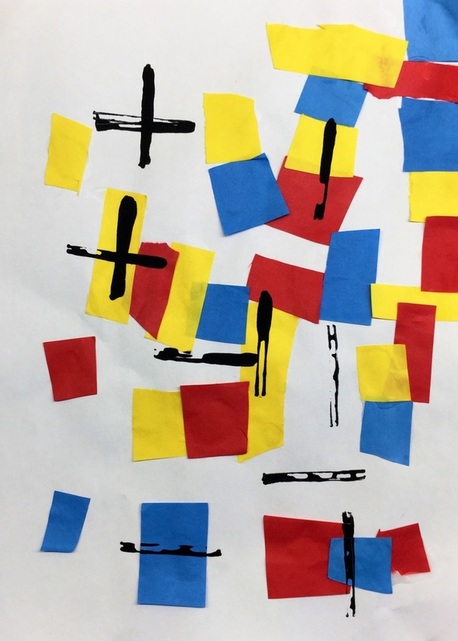
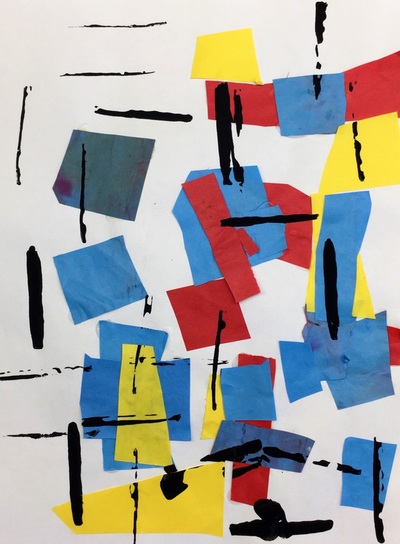
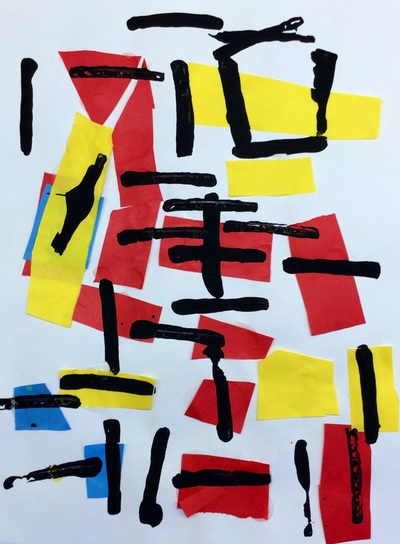
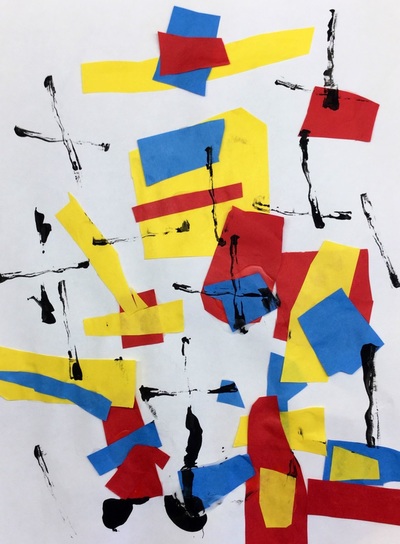
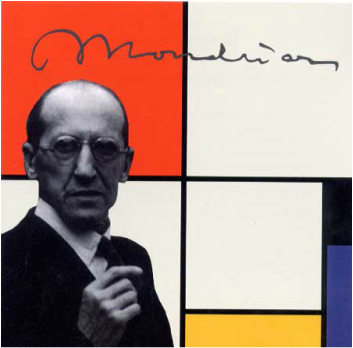
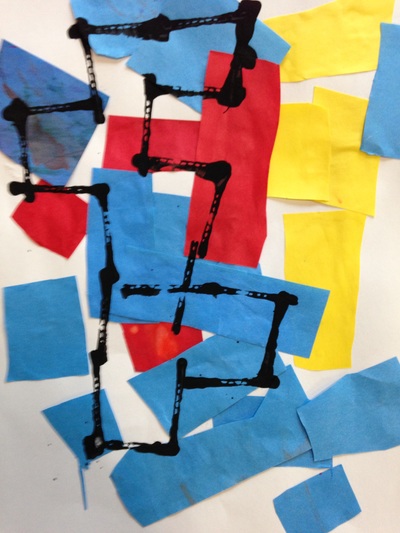
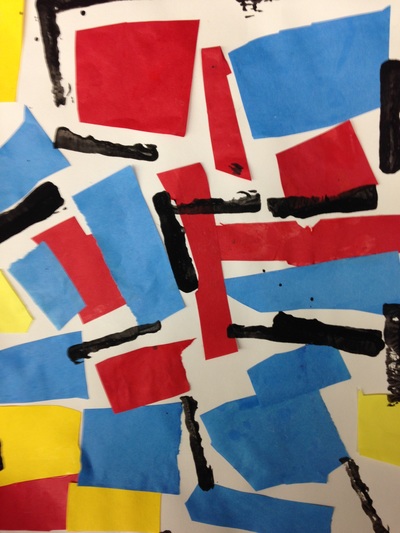
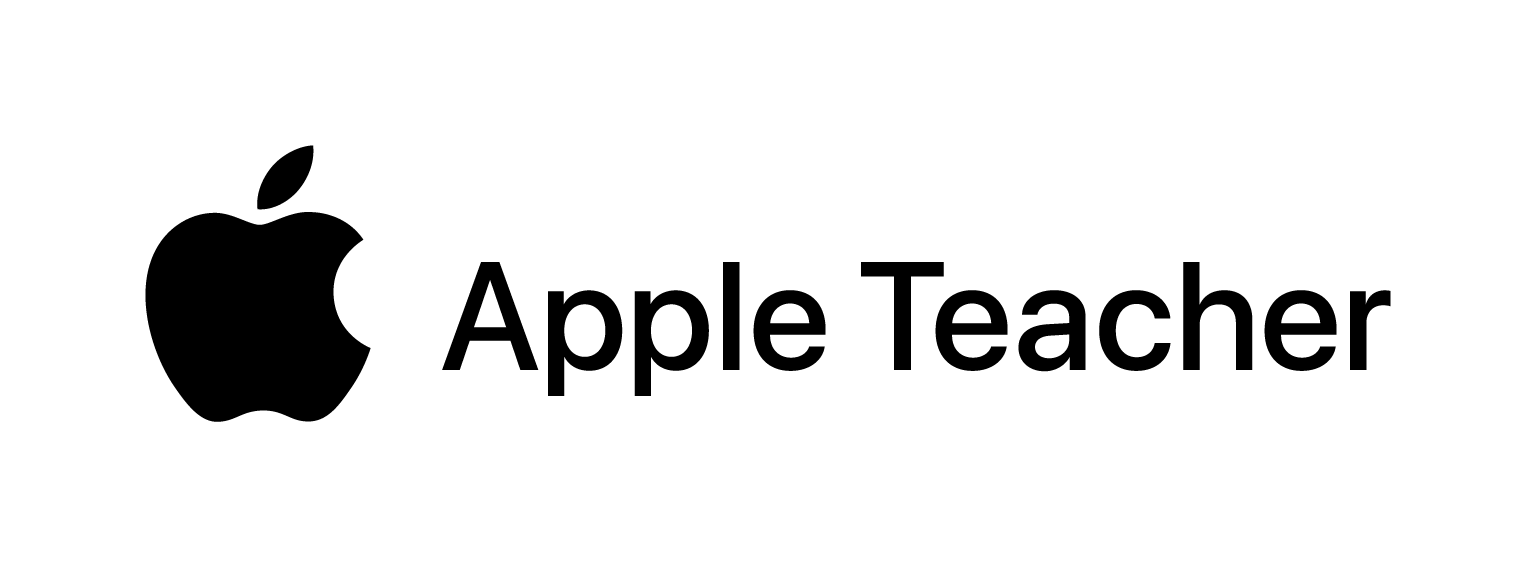
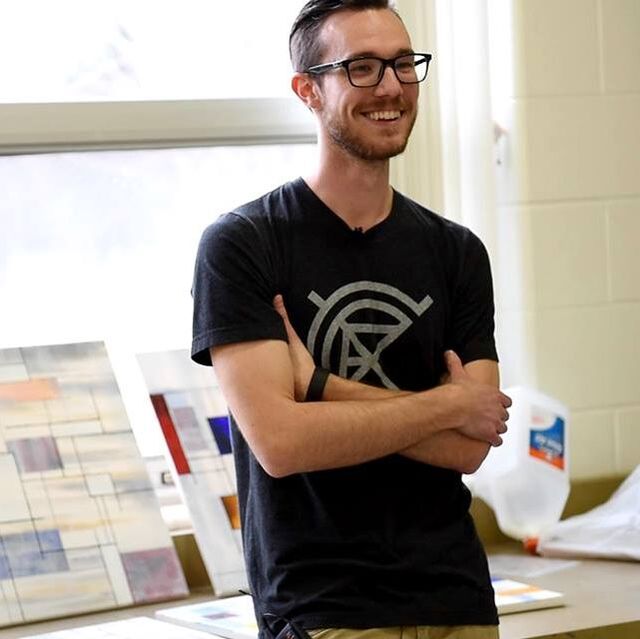
 RSS Feed
RSS Feed
